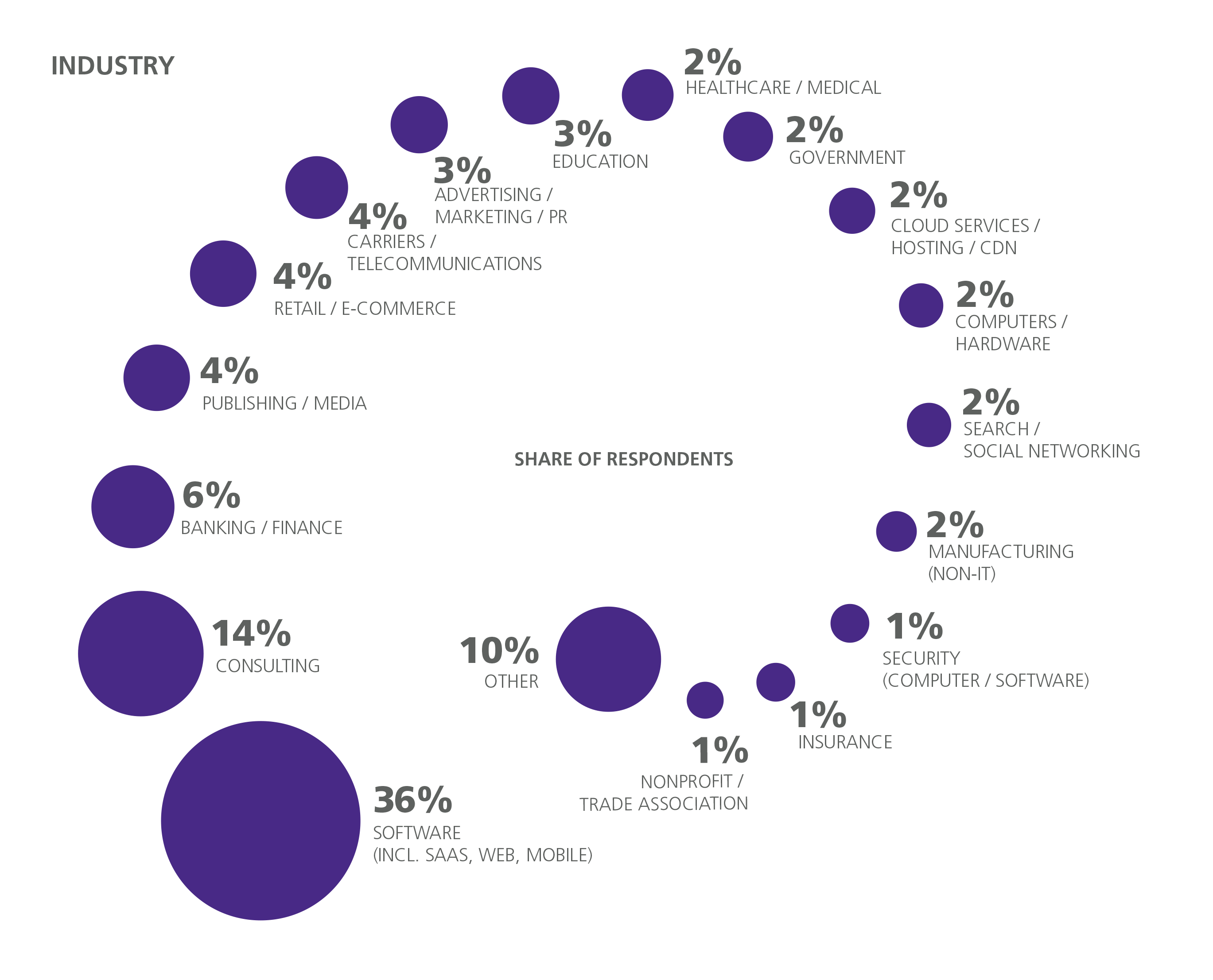
Disaster recovery planning services can help companies recover in the event of an emergency. They can set up an office space off-site, provide a hot disaster recovery location, and replicate their primary site's IT infrastructure and applications. They can also conduct risk assessments and define acceptable recovery goals. A disaster recovery planning service can be used to assist companies with developing procedures, documentation and checklists in order to recover from disaster.
Considerations when developing a disaster recovery plan
There are several important things to keep in mind when planning a disaster response plan. For example, a disaster recovery plan should be regularly tested and reviewed. A disaster recovery plan should also include contact information for key government agencies, vendors, staff, and other relevant contacts.
To prevent disasters from affecting their operations, an organization should set up a disaster recovery planning team. The plan should outline the risks and the procedures to be followed in case of disaster. Plan should include a list of critical applications and processes to back them up. There may also be other procedures that need to be included, depending on the organization. You must implement the plan and follow through. It should be periodically tested to make sure it works properly.

Benefits of disaster recovery as a service
Disaster recovery as a Service can help you quickly recover your data from disasters. By storing your data in a third-party cloud computing environment, you can recover your data in minutes rather than days or weeks. This helps you avoid costly downtime while protecting your valuable data and reducing your costs.
Cloud-based disaster recovery solutions allow you to quickly and easily implement the required systems throughout your network. They also seamlessly integrate into your business continuity plan. Cloud-based solutions also offer a high degree of flexibility and scalability, making them a great choice for disaster recovery. Cloud-based solutions can be switched to before disaster strikes. This can help ensure that your data remains safe and available at all times.
Assisted DRaaS
The assistance of disaster recovery planning can be a key component to your business continuity plans. These services can be used to assist organizations with the restoration of critical IT assets in the case of a disaster. These services can also be used to quickly recover data or applications. These services are usually offered as a managed service. This means that you don't have the responsibility of maintaining your own recovery infrastructure.
Disaster recovery planning services can be helpful in helping you to create a plan. However, they cannot be used as a one-size-fits all solution. This is because every business has unique requirements and workloads. Before choosing a provider, ask yourself these two important questions. You need to decide if the provider of disaster recovery services is reliable and trustworthy. If you are unsure about the reliability of a service provider, you can read testimonials of previous customers and conduct internal tests to evaluate their performance.

In-house vs. outsourced disaster recovery planning
Many organizations face a dilemma when it comes to disaster recovery planning. They can either hire an in-house DRBC staff or contract out to a third party disaster recovery planning company. Both can have their benefits, but there are some important differences. In-house DRBC teams are more likely to produce better results than outsourced ones because they have more experience in the field. They also tend to be more flexible, and they have lower startup costs.
There is also a cost difference between outsourcing and in-house disaster recovery services. An in-house disaster recovery plan may save you money but it can also be time-consuming and vulnerable to ransomware. Your team will also need to be able to solve problems quickly, which can waste time and money. In contrast, an outsourced disaster recovery team can handle problems quickly and with minimal effort on your part.
FAQ
How much should you charge to be a consultant?
It all depends upon what you offer. You don't have to charge anything if you provide services free of charge. If you're selling products or services however, prices should be determined based on their value.
If you offer low-quality services then you don’t have anything for sale. So why would anyone pay you anything?
You might be able ask for a more expensive price if your services are of high quality. People recognize the value in you offering. Customers who buy multiple services from you may qualify for discounts.
How do I become a successful consultant?
Find an area that you are passionate about. Next, you need to establish relationships. It is important to understand the needs of clients and their business. Finally, you have to deliver results for your clients.
You don't have to be the best at everything, but you do have to be better than everyone else. Passion is key. It doesn't suffice just to say "I'm going be a Consultant." You must really believe in yourself and what you're doing.
Do I need to pay tax on consulting income?
Yes, you will need to pay tax on your consultancy profits. This amount will depend on how much you earn each year.
If you're self employed, you can deduct expenses beyond your salary.
However, you cannot deduct interest payments from loans, vehicle repairs, or the cost for equipment.
Only 25% of your expenses can be claimed back if you make less than PS10,000 annually.
However, even if your earnings exceed this threshold you may still be subject to tax depending on whether or not you are a contractor or an employee.
Employers are taxed via PAYE (pay as your earn), and contractors through VAT.
What skills do I need for consulting?
As a consultant, you should have both strong interpersonal skills and analytical skills. This is essential because you will be working on projects that you don't know the details of. This is a must because you need to learn how quickly you can manage people.
Excellent communication skills are also essential. Clients expect a response within 24 hours. If they don't hear back from you, they assume you aren't interested. It is crucial that you keep them up to date and make sure they know what's happening.
Statistics
- So, if you help your clients increase their sales by 33%, then use a word like “revolution” instead of “increase.” (consultingsuccess.com)
- My 10 years of experience and 6-step program have helped over 20 clients boost their sales by an average of 33% in 6 months. (consultingsuccess.com)
- According to IBISWorld, revenues in the consulting industry will exceed $261 billion in 2020. (nerdwallet.com)
- 67% of consultants start their consulting businesses after quitting their jobs, while 33% start while they're still at their jobs. (consultingsuccess.com)
- Over 62% of consultants were dissatisfied with their former jobs before starting their consulting business. (consultingsuccess.com)
External Links
How To
What should I do to get started with a consulting business?
Start a Consulting Company to make some extra money from home. You don’t need to have business experience or invest capital. A good place to start your own consulting company is to build a website. After you have built a website, social media platforms such Instagram, Pinterest and LinkedIn will be useful to spread the word about your services.
You can use these tools to put together a plan for marketing that includes:
-
Creating content (blogs)
-
Contacts are essential for building relationships
-
Generating Leads (lead generation forms).
-
Selling products via ecommerce websites
Once you have created your marketing strategy you will need to find clients that will pay for it. Some prefer to connect with people through networking events. Others prefer to use online resources like Craigslist and Kijiji. The choice is up to you.
After you have found new clients, it's important to discuss terms and payment options. This could include flat fee contracts, hourly fees or retainer agreements. You need to be clear about what you expect of a client before they accept you as a client.
The most common type of contract for a consultancy service is an hourly agreement. This contract allows you to pay a fixed amount each week or month for certain services. Depending on the type of service you are offering, you may be able to negotiate a discount depending on the length of the contract. When you sign a contract, make sure you fully understand it.
Next, you will need to create invoices that you can send to your clients. Invoicing is one those things that seem so simple until you actually do it. There are many options for invoices to be sent to your clients. For example, some people prefer to have their invoices emailed directly to their clients, while others print hard copies and mail them. Whatever your preferred method, make sure it works well for you.
After you've created your invoices, you can collect payments. Most people prefer PayPal because it is easy to use and offers various payment options. However, other payment processors are available, including Stripe, Square Cash, Google Wallet, Apple Pay, Venmo, etc.
Once you are ready to start collecting payments, it is time to open bank accounts. You can track income and expenses separately by having separate savings and checking accounts. Automated transfers into your bank account are a great way to pay bills.
While starting a consultancy company may seem daunting, once you master the basics, it becomes easy to manage. For more information on starting a consultancy business, check out our blog post here.
You can make extra money by starting a consulting company without worrying about staff. Consultants can work remotely so they don't have the hassle of dealing with office politics and long working hours. Since you are not tied down by regular working hours, you have more flexibility than a traditional employee.